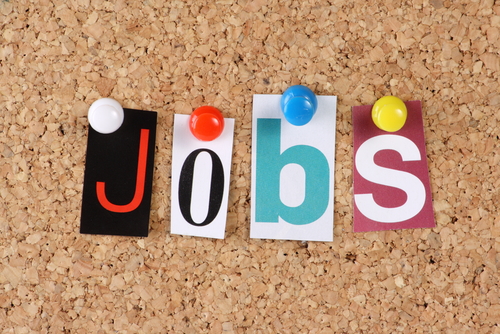The newest U.S. jobs report is a grab bag of labor-market signals. The U.S. economy added 206,000 jobs, down from about 218,000 in May 2024. At the same time, the unemployment rate ticked up slightly to 4.1%, while wage growth slowed to its lowest rate in three years.
Cooling Labor Demand
While 4.1% unemployment is a strong number in any context, it does reflect a slowly deteriorating job market for job seekers. Many observers, rather than being surprised by the uptick in unemployment, are instead surprised they haven’t seen the needle move more in this direction previously.
“The U.S. labor market has for months defied long-running forecasts of a sharper pullback,” write Rob Wile and J.J. McCorvey in an article for CNN. “Instead, prospects for workers have generally remained robust even as employers ease up on hiring. The latest report shows conditions are gradually tightening.”
Modest Wage Growth
When labor demand is sluggish, employee wage gains tend to be soft as well. After all, it’s generally the demand for labor that contributes most significantly to a rise in wages, as employers compete with one another to attract workers. While wages did inch up in June, it was a modest increase.
“Workers’ pay continues to rise, with average hourly earnings up 3.9% in June from the year before,” write Wile and McCorvey. “That’s still higher than pre-pandemic—and still outpacing inflation, at 3.3% as of May—but marks the smallest annual increase since May 2021.”
Implications for Employers
The latest jobs report is a bit of a mixed bag for employers, as it so often is. On the one hand, increasing unemployment and slowing wage growth are signs that employers will have more leverage when it comes to hiring. On the other hand, employers hire workers because they need those workers to produce goods and services for the market.
To the extent increasing unemployment and sluggish wage growth represent a cooling economy, that could also spell bad news for employers’ bottom lines if consumers are consumer-less.
The latest U.S. jobs report presents a mixed picture of the labor market. While the economy added 206,000 jobs, the unemployment rate increased to 4.1% and wage growth slowed significantly. This cooling labor demand suggests a gradually tightening job market.
For employers, this means more leverage in hiring, but also potential challenges if a cooling economy affects consumer spending. Balancing these factors will be crucial for navigating the current economic landscape.
Lin Grensing-Pophal is a Contributing Editor at HR Daily Advisor.

